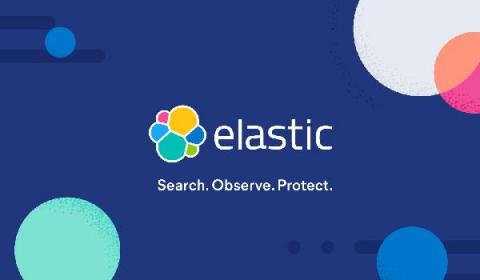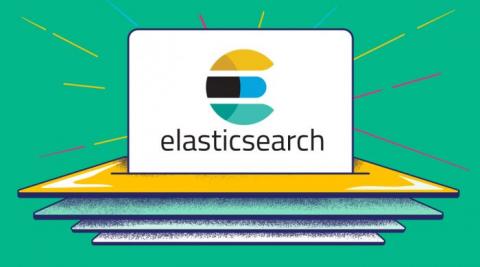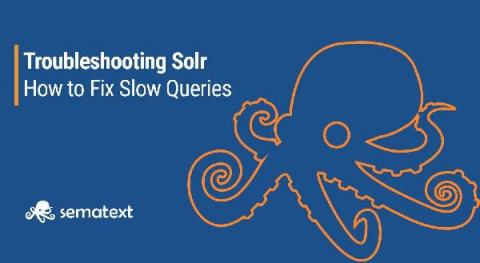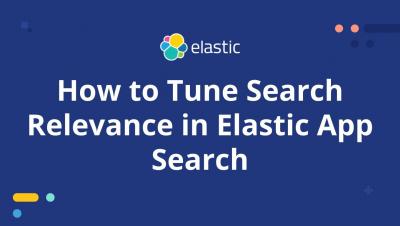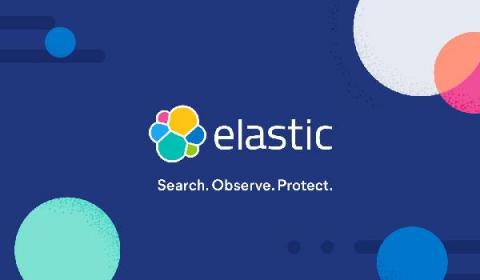Introducing Elastic License v2, simplified and more permissive; SSPL remains an option
When we announced our license change for Elasticsearch and Kibana, moving the Apache 2.0-licensed source code to be dual licensed under both the Elastic License and SSPL, we also mentioned we would work closely with the community on a simplified and more permissive version of the Elastic License. I am happy to share the results with you. The Elastic License is already widely used.


